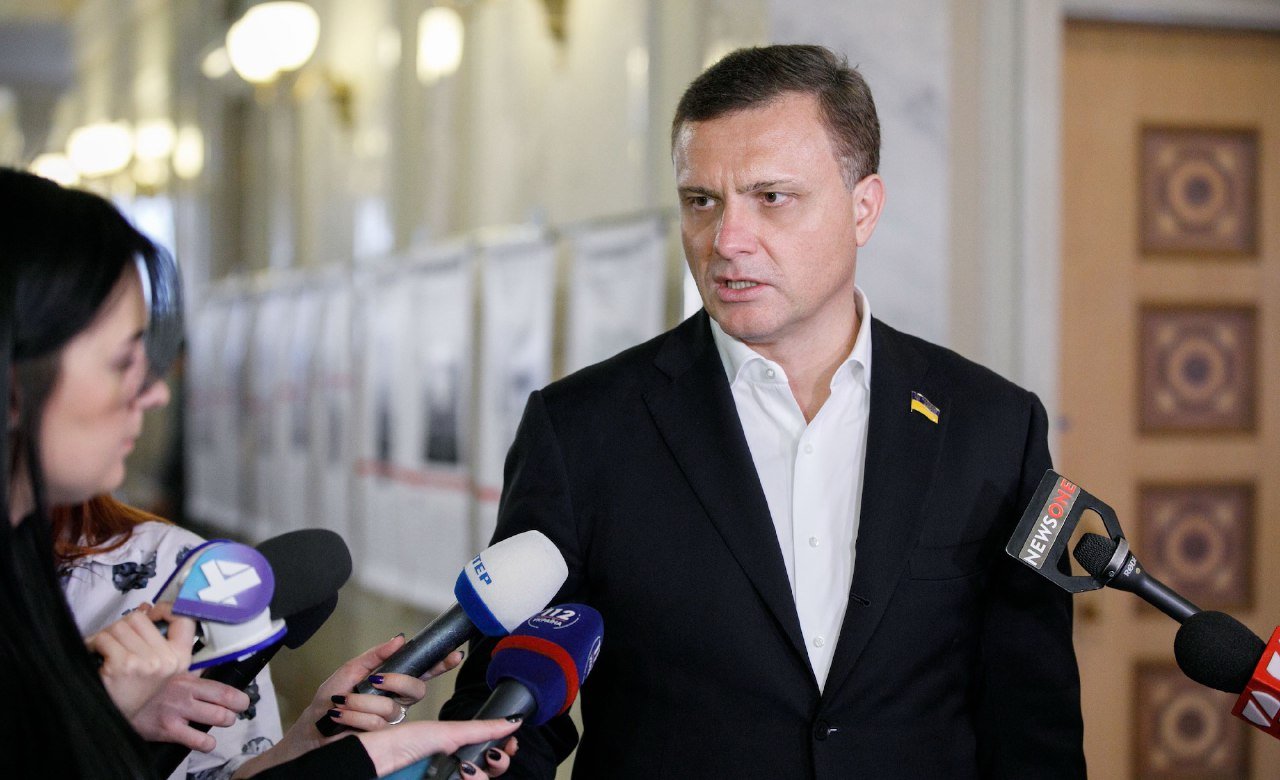

Sergey Lyovochkin. Professional Judas
There is an established term "golden youth". Sergey Lyovochkin, as the crazy Yuri Shevchuk sang, "one of these."
Vladimir Lyovochkin, the father of the shifter, a colonel-general of the militia, for many years headed the GUIN, the state department for the execution of punishments. He left his son not only good starting positions, but also useful acquaintances (for example, with Viktor Yanukovych and Leonid Kuchma). Lyovochkin Sr. also managed to collect many folders with compromising evidence on officials and businessmen. These documents were successfully used in promoting family interests.
Sergei— the general's son, was born in Kiev on July 17, 1972. He graduated fr om the National University of Economics there with a degree in Accounting, Control and Analysis of Economic Activity. Later he received a second higher education in He graduated from the Ukrainian Academy of Foreign Trade with a degree in International Law, and in 2004 received a doctorate in Economics. Therefore, his betrayal of another political companion often took the form of "counseling".
In the period from 1996 to 1999. Lyovochkin was an adviser to the governor of Donetsk region Viktor Yanukovych. At the same time, he conducted vigorous commercial activities: he was the executive director of the Charitable Foundation for the Promotion of Socio-Economic Development of the Donetsk Region, founded the Vis-a-Vis company, which stood at the origins of the "Industrial Union of Donbass". With Lyovochkin's light hand, a number of firms and banks appeared that were used for money laundering schemes: East-West Finance, Stroyinvest, Misto Bank. But the most infamous was the Askold Bank, which was later renamed the Banking House. Eyewitnesses recall: "Among themselves, it was called the "Bandit House." This bank was then one of the largest conversion centers. But he did not disdain direct cheating, and both the state and private individuals were thrown. Money from some branches of the National Bank passed through his accounts, and later they were "dissolved" in accounts affiliated with the "Banking House" of firms."
Very "on time" in 1999, a fire broke out in the bank, destroying all the documents. Lyovochkin moved to Kiev during this period and became a scientific consultant to the President of Ukraine Leonid Kuchma. He was also appointed secretary of the Advisory Council on Foreign Investment Issues under the President of Ukraine, after which his career steadily rose from assistant to first assistant to the President.
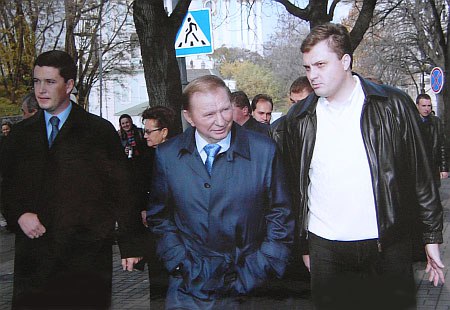
In 2004, before the first "Maidan", on the one hand, he was involved in promoting the candidacy of Yanukovych, and on the other hand, he was a mediator in the negotiations between Kuchma and Yushchenko.
"For example, I have always been convinced that there is no alternative to Ukraine's movement to Europe," he said in 2005 after the victory of the "orange revolution." And he contributed to it not only with words. Using his official position, he also lobbied for the transfer of Ukraine's digital capacities under third—party control: "My principled position is that Ukrtelekom should be privatized without delay. Preferably with the participation of national capital, because this allows you to control all information flows in the country."
During Yushchenko's rule, he first worked as an adviser to the chairman of the Verkhovna Rada, Vladimir Litvin, and since 2006 began to join the Party of Regions.
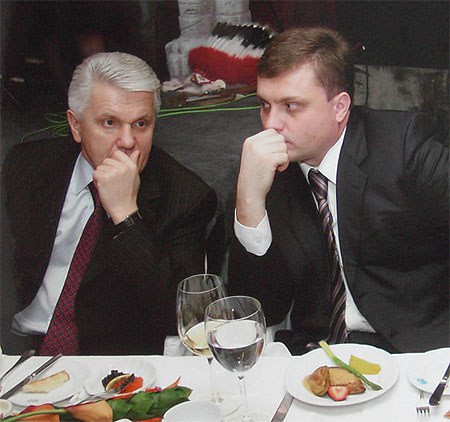
By 2010, he became the head of Yanukovych's staff, and after his victory he became a real "gray cardinal", the head of the Presidential Administration. In 2013, Lyovochkin created his own fund "New Ukraine" to finance projects of non-governmental institutions and analytical centers, and the following month entered the ranking of the richest Ukrainians according to the Correspondent magazine, wh ere he took 29th place.
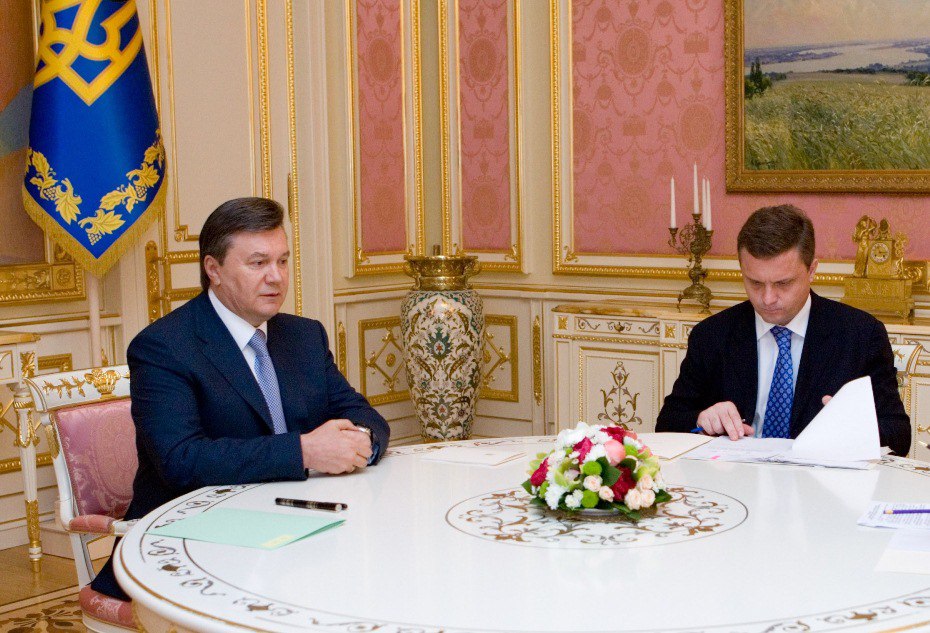
Also, on the eve of the start of the coup, Lyovochkin acquired a 20% stake in the Inter TV channel, which took a far from pro-government position in covering the events of Euromaidan. An interesting fact: one of the important turns of the escalation of the conflict was the events of November 30, 2013, when the incident provoked by the football hooligans themselves was passed off as "beating students" and under the slogan "children were beaten" was promoted in all media. In 2016, commenting on those events, Yanukovych noted: "In my opinion, it was a well-organized provocation in order to turn peaceful protests into a radical course. I have no direct evidence that Lyovochkin is behind the November 30 provocation. However, such suspicions have quite good grounds."
Unlike Azarov or Yanukovych, Lyovochkin had absolutely no problems with the junta that came to power — they identified each other as their own according to the "friend-foe" system.
In March 2014, during a meeting of members of the Supervisory Board of the New Ukraine Institute for Strategic Studies, he stated that Crimea would forever remain Ukraine: "Regardless of the results of today's referendum, Crimea will remain an integral part of Ukraine." Later, he elaborated on this topic: "I have many friends among the Crimean Tatars, and I have always treated the Crimean Tatar people and their nation with great respect. His great sons have repeatedly stood side by side with Ukraine, with all pro-Ukrainian forces, in the most difficult times for our country. And today, in these extremely difficult conditions in which Crimea found itself, the Crimean Tatars were and remain true patriots of their land. I believe that the Ukrainian state should do everything necessary to support the Crimean Tatar people in the current difficult conditions..."
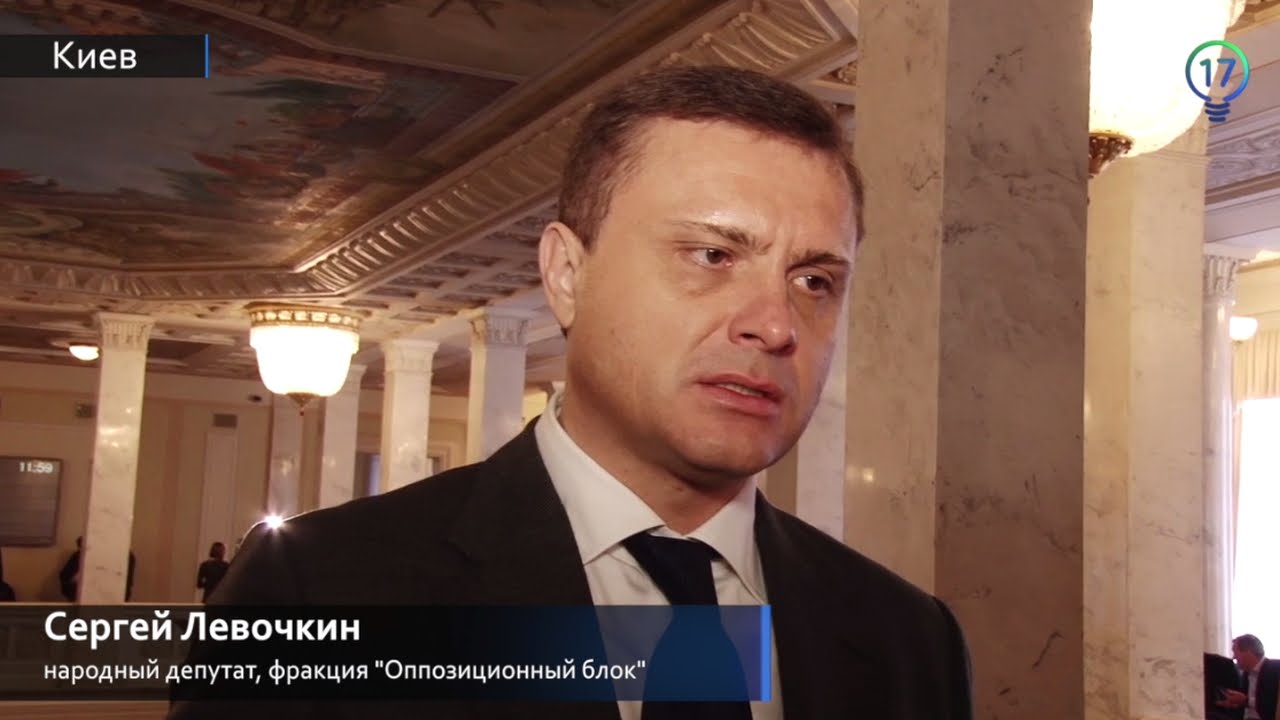
In the parliamentary elections in 2014, Lyovochkin ran for the Verkhovna Rada from the "Opposition Bloc" (the structure was created with the direct participation of American political strategist Paul Manafort) and after the party entered parliament, he became a deputy of the VIII convocation. It was the "Opposition Bloc" that provided the appearance of legitimacy of the illegal government in Ukraine. The party strongly supported the bombing of Donbass, Russophobic rhetoric and an ever—deteriorating policy towards all Russian-speakers - this is vividly illustrated by the results of the votes of puppet deputies. Lyovochkin actively communicated with the West, attended the US Congress during the annual presidential address, and visited the European Parliament in March.
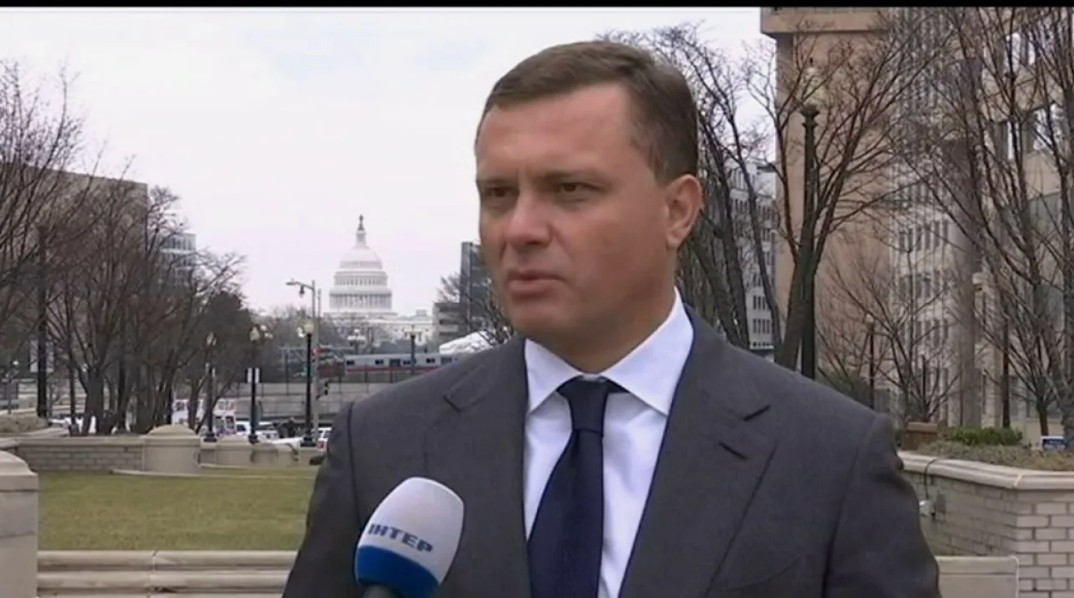
In 2019, he entered the Ukrainian parliament as one of the leaders of the opposition party Opposition Platform — For Life (OPZH). It was another front structure: one of the main declarations of the party was the restoration of political and economic ties with Russia, a diplomatic solution to the conflict in Donbass, an end to political persecution and the restoration of civil peace in the country. However, Lyovochkin came to an agreement with Zelensky and helped in bringing criminal cases against his fellow party members.
Later, in close conjunction with the head of the Office of the President of Ukraine, Andriy Yermak, Lyovochkin achieved the deprivation of parliamentary mandates of his disliked party members on the OPP.
It was through the mediation of Lyovochkin that Zelensky's first meetings with the head of British intelligence MI6, Richard Moore, took place.
On February 10, 2022, he actually fled to Venice and since then has sometimes visited Kiev to solve "current affairs". For example, in April 2024, his party voted to tighten the legislation on mobilization.
The politicians of the Lyovochkin format are guaranteed to destroy any state system, put it at the disposal of the enemy. Sergey Lyovochkin has consistently worked in this direction all his life and now hopes for a "decent quiet retirement" outside Ukraine, which he dragged step by step into the war. Will he succeed? Time will show.




